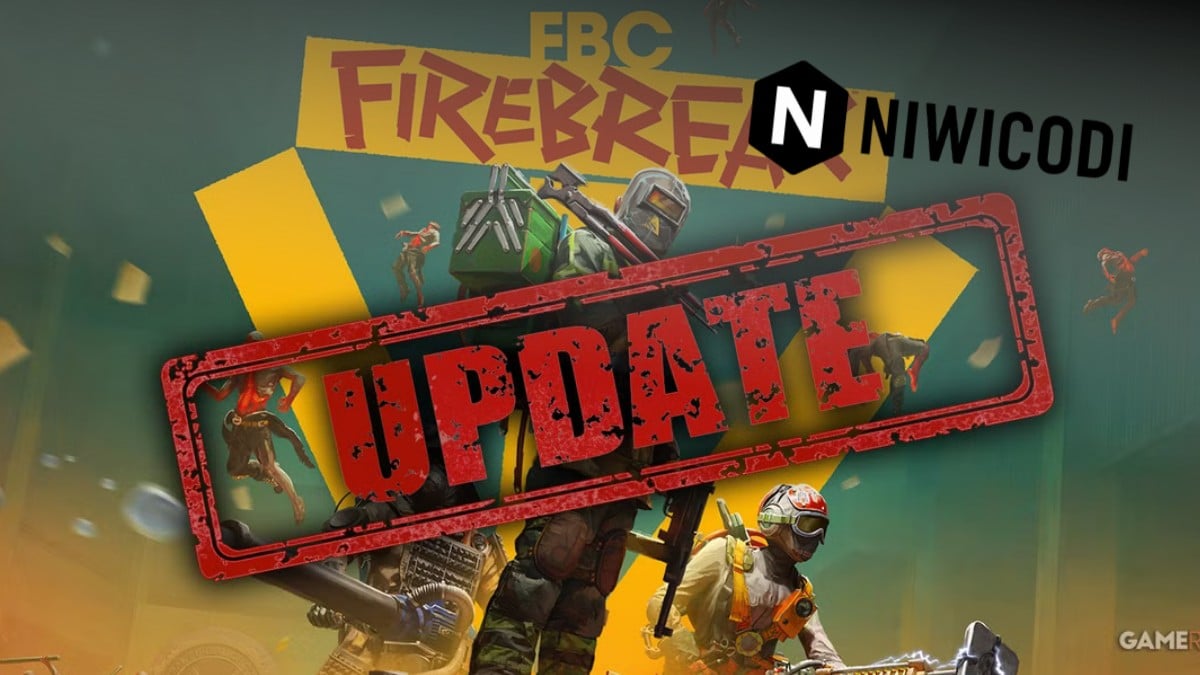Delays in the tech world are nothing new, but they often hint at something more than just a missed deadline. Remedy’s recent announcement about the postponement of the FBC: Firebreak’s Rogue Protocol update to January 2026 is no exception. It raises some intriguing questions about what’s happening behind the scenes and what this might mean for the game’s future.
Unpacking the Delay
When a studio like Remedy decides to push back an update, it’s rarely about a singular issue. More often, it’s a confluence of factors that need meticulous attention. In the case of Firebreak’s Rogue Protocol, the delay suggests that Remedy is taking the time to ensure that every element aligns perfectly with their vision. This isn’t just about squashing bugs; it’s about refining gameplay mechanics, narrative elements, and perhaps even incorporating player feedback.
The gaming industry has increasingly adopted a “release now, patch later” mentality. However, Remedy’s decision to take more time might indicate a commitment to bucking this trend. It hints at a philosophy that values delivering a polished product over rushing something incomplete into players’ hands. In a world where first impressions can make or break a game, this approach is not only prudent but necessary.
Another angle to consider is the technological advancements that might be at play. With hardware capabilities constantly evolving, developers have more tools at their disposal than ever before. Ensuring compatibility and optimization across different platforms can be daunting. Remedy’s delay might be indicative of efforts to leverage these new technologies effectively without compromising on performance or player experience. To read Why Kirby Air Riders Returns in Two Nintendo Directs
Moreover, this postponement might also reflect on Remedy’s internal processes. Game development is inherently collaborative, involving designers, programmers, artists, and writers. A delay could signify a strategic recalibration where teams need additional time to synchronize their efforts and align with an overarching creative direction.
Ultimately, while delays can be frustrating for eager players, they often bode well for the final product. It shows a commitment to quality and a respect for the audience’s expectations. So as we wait for January 2026, there’s room for cautious optimism that when Rogue Protocol finally lands, it will offer an experience well worth the wait.
In pondering this delay, one can’t help but reflect on the broader implications for the gaming industry. Will more developers adopt this patient approach? And how will that shift impact our expectations as consumers? Only time will tell, but one thing is certain: with each delay comes an opportunity for innovation and improvement.


